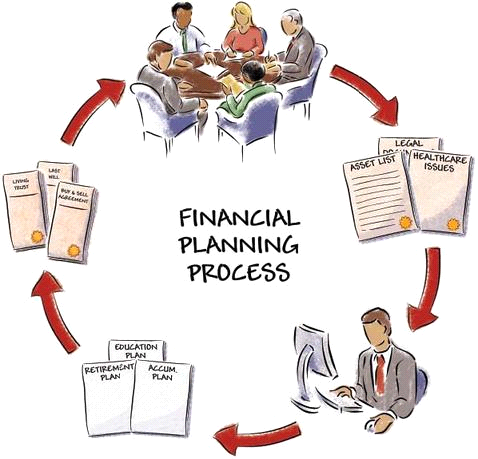
Picture Courtesy of U.S. News
This is a common question we face as financial planners. Popularity doesn’t necessarily make something a good financial decision for your personal situation. There are a few important factors to consider when determining if a Roth Conversion is for you.
1) What is your current tax bracket?
A big consideration of whether or not to convert your Traditional IRA to a Roth Ira should be dependent on your current tax circumstances. With clients having widely varying effective tax rates, it’s important to know your current tax rate and your potential tax rate should you decide to convert your IRA. All conversion proceeds from your IRA will be considered taxable dollars. When you contributed to your 401k, IRA or other qualified plan, you were given a tax deduction for your contribution. So, you never paid taxes on the money you invested. Now as you move funds out of your traditional IRA you will begin to pay taxes. If you have a tax rate of 15%, then maybe the conversion could be beneficial to you. If you have a tax rate of 25%, then maybe it won’t be. The best advice is for you to gain an understanding of the tax consequences pertinent to you.
2) What is your future tax bracket going to be?
This is much more difficult to determine. However, most people will find themselves in a lower tax bracket when they retire than their current tax bracket. This is the primary reason a person would consider not converting the Traditional IRA to a Roth IRA. If you have to pay more money today than you would pay in the future, why would you want to pay the extra tax? In the words of one of my clients, “Who said, yes I’d like to pay more taxes please? Nobody Ever!” Her words, not mine.
3) What is the growth difference between my traditional IRA and potential Roth IRA after taxes?
Now that we know your current tax bracket and your potential future tax bracket, we can begin to make calculations that will determine the potential value of both decisions for the future and for today. Here is a sample scenario for you:
Kate (65) has $300,000 in her Traditional IRA which she rolled over from her former employer’s 401K plan. Kate lives a fairly simple life, has no debt and she anticipates being able to live off her social security and supplement income from her IRA as she needs it. We’ll assume she needs $20,000 of extra income every year from her IRA. This extra income is to ensure Kate can do the special things she like to do like traveling, attending trade shows, and spoiling her grandchildren.
In our current scenario, Kate is mostly in the 15% tax bracket. She is earning a return of about 6.5% on her investments and has already begun withdrawing the $20,000 from her IRA.
The results:
If Kate were to convert her entire IRA today, then she would find herself in the 33% tax bracket paying almost $90,000 in taxes to the IRS. Since Kate is only withdrawing $20,000 per year from her Traditional IRA, it probably doesn’t make sense for Kate to convert this IRA at this time. The future compounding growth of her Traditional IRA is worth more than taking the tax hit today for the potential tax savings tomorrow. Maybe the conversion makes sense if Kate had 30 years to allow her money to grow, but for today’s illustration, she’s better off leaving the money in her account.
Is the Roth Conversion a financial strategy you’ve been considering? If so, let’s talk.
Jose Cuevas
Wisdom Investments
jose@wisdominvestments.com









